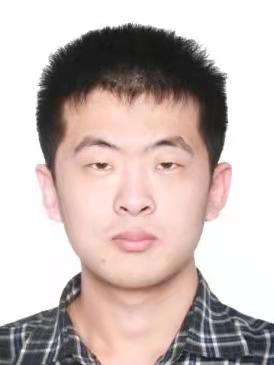Is it fair? Resource allocation for differentiated services on demands
Published in IEEE ICWS, CCF B, 2023
Recommended citation: Ran Zhang#, Ning Liu#, Lei Liu, Wei Zhang, Haitao Yuan, Mianxiong Dong, Lizhen Cui. "Is it fair? Resource allocation for differentiated services on demands," 2022 IEEE International Conference on Web Services (ICWS), Barcelona, Spain, 2022, pp. 355-360, doi: 10.1109/ICWS55610.2022.00059. https://doi.org/10.1109/ICWS55610.2022.00059
With the rapid growth of service requirements, the rising concern of resource allocation fairness (e.g., the actual gained Quality of Service(QoS)) leads to the popularity of studies for fair scheduling mechanisms in service systems. The Generalized Processor Sharing (GPS) mechanism has been widely utilized as the fair reference base in the resource allocation due to its fairness and flexible configuration (i.e. scheduling based on weights). The urgent objective of GPS is to accurately evaluate the QoS of each service. Due to the inherent interconnected feature of the GPS mechanism, it is challenging to accurately evaluate individual service’ obtained QoS metrics by analytical-based methods with the growing number of services. Besides, considering the burstiness of the service requests, self-similar process is utilized to delineate the arrival of the service. Therefore, we propose a deep learning based approach, terms as DLPE_GPS, to accurately compute the QoS metrics of individual services in multi-queue GPS under self-similar request traffic. Specifically, DLPE_GPS firstly leverages knowledge-driven features to characterize each service (i.e., arrival rates, weight assigned, etc), and then the representation of each service is computed by a well designed multi-head attention mechanism considering mutual effect be-tween different service subsystems. After that, the knowledge-driven features and intermediate capacities are fused for QoS evaluation. Finally, we conduct complex experiments to show the effectiveness of the proposed method in terms of various aspects.
